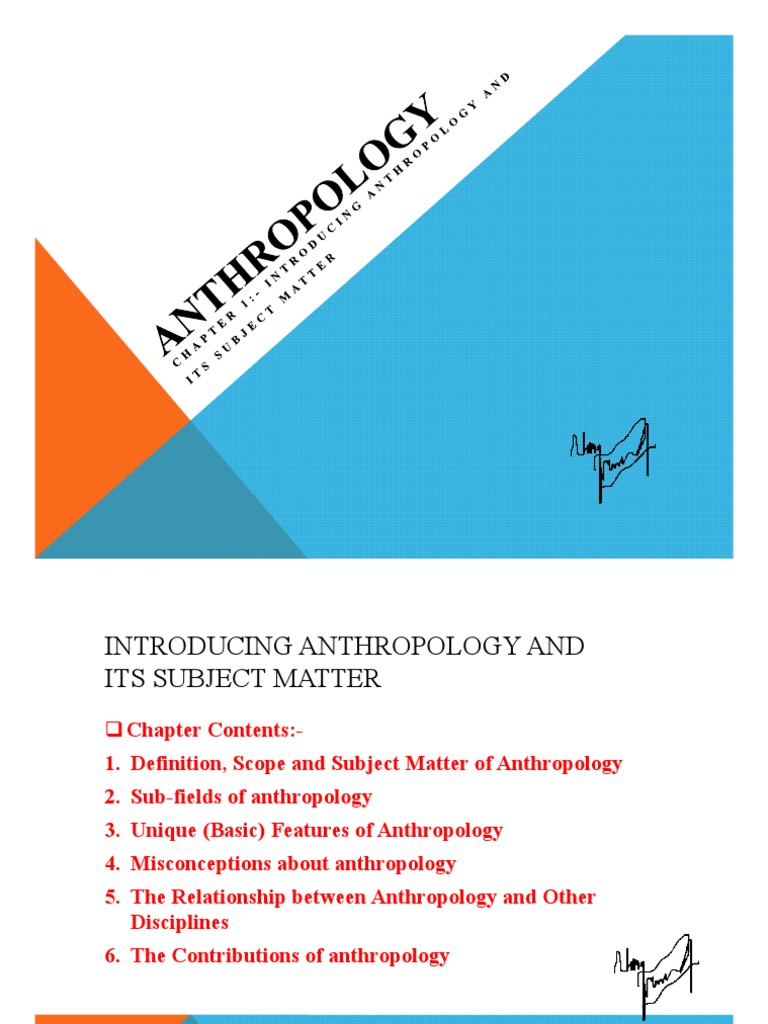Anthropology is akin to a multifaceted prism, refracting the complexities of human existence through various cultural lenses. The discipline offers an expansive exploration of humanity, transcending mere academic inquiry to delve into the rich tapestry of human behavior, social structures, and belief systems. In the realm of culture, anthropology is especially equipped to dismantle preconceived notions and biases, fostering a perspective steeped in cultural relativism. This guide elucidates the diverse domains encompassed by anthropology, viewed through the lens of cultural relativism.
Understanding Culture: The Core of Anthropology
At the heart of anthropology lies the concept of culture, which can be defined as the intricate web of shared beliefs, practices, norms, and artifacts that shape human life. Culture is not monolithic; it varies dramatically across geographical, temporal, and social boundaries. The anthropological study of culture invites one to observe societies in their uniqueness, free from ethnocentric judgment. Cultural relativism posits that no culture is superior to another, emphasizing the importance of understanding cultural practices in their own contexts.
Subfields of Anthropology: A Comprehensive Framework
Anthropology can be dissected into four primary subfields: cultural anthropology, archaeology, linguistic anthropology, and biological anthropology. Each subfield provides a distinct yet interconnected lens through which to examine humans and their various manifestations.
Cultural Anthropology: The Ethnographic Lens
Within cultural anthropology, emphasis is placed on immersion in and observation of societies. Through methodical ethnographic research, cultural anthropologists deploy participant observation and qualitative methods to grasp the intricacies of daily life in diverse cultures. This subfield enables an understanding of issues such as power dynamics, social justice, and globalization. Cultural practices—ranging from rituals and ceremonies to mundane customs—are meticulously documented, revealing how these behaviors intertwine with identity and social cohesion.
Archaeology: Unearthing the Past
Archaeology distinguishes itself through its temporal discretion. By excavating artifacts and remnants of past civilizations, archaeologists reconstruct human experiences long gone. These remnants—tools, ceramics, and architecture—serve as tangible links to previous ways of life, allowing contemporary society to glean insights into the evolution of cultures over time. Cultural relativism is vital here; interpreting artifacts requires understanding the context in which they were produced and used, avoiding modern biases that might skew perceptions of historical cultures.
Linguistic Anthropology: Language as a Cultural Mirror
The study of language, also known as linguistic anthropology, reveals profound insights into how language shapes and reflects culture. Language is not merely a communication tool; it embodies social identities and worldviews. Through examining dialects, colloquialisms, and linguistic practices, anthropologists unveil the nuanced relationship between language and thought, demonstrating how different languages can reflect unique cultural paradigms. This aspect of anthropology underscores cultural relativism, highlighting that the concepts and meanings articulated by languages are rooted in specific cultural contexts.
Biological Anthropology: Evolution and Diversity
Biological anthropology, often regarded as the biological side of the discipline, investigates the evolution of humans and their relatives. This subfield examines anatomical adaptations, genetic variability, and the relationship between biology and culture. A nuanced understanding of human evolution is especially pertinent in light of contemporary discussions surrounding race, health disparities, and adaptation. Recognition of biological diversity within the human species reinforces the principles of cultural relativism, as it illustrates how environmental factors, social norms, and cultural practices converge to shape human development.
Ethnographic Research: A Methodological Cornerstone
Central to anthropology is the ethnographic method, a research strategy that embodies the tenet of cultural relativism. Ethnography emphasizes long-term engagement with communities, fostering relationships that yield in-depth understanding. This method highlights the significance of context, promoting a holistic view of human experience. Ethnographers immerse themselves in the daily lives of their subjects, thus ensuring that the narratives captured are rich, nuanced, and reflective of the lived realities of those they study.
The Role of Cultural Relativism: A Philosophical Approach
Cultural relativism operates not only as a methodological orientation but also as a significant philosophical approach within anthropology. It insists that anthropologists must practice cultural humility, recognizing their biases while striving to understand societies on their own terms. This perspective challenges the impulse to evaluate cultures based on a single set of standards, advocating instead for an appreciation of cultural diversity in all its manifestations. It fosters empathy and respect for the myriad ways in which different societies navigate existence.
Contemporary Implications: Anthropology in a Globalized World
In an age of globalization, the implications of anthropological study become even more pertinent. The interconnectedness of cultures exacerbates the need for cultural understanding and awareness. With cultural practices rapidly evolving and being influenced by cross-cultural interactions, anthropologists play a crucial role in mediating these exchanges, advocating for respect and understanding among divergent cultures. Cultural relativism becomes a fundamental tool for addressing contemporary global issues, from migration and diaspora experiences to human rights and transnational identity.
Conclusion: The Journey of Anthropology
In essence, anthropology encompasses a vast study of what it means to be human. Its depth and breadth allow for a robust exploration of culture, emphasizing a critical, empathetic approach rooted in cultural relativism. By meticulously studying the kaleidoscopic narratives of humanity, anthropology fosters an appreciation for the rich diversity of human experience, underpinning the significance of understanding cultures in their unique contexts. This journey into anthropological inquiry invites us not merely to learn about others but to reflect upon ourselves as part of the intricate tapestry of human existence.
